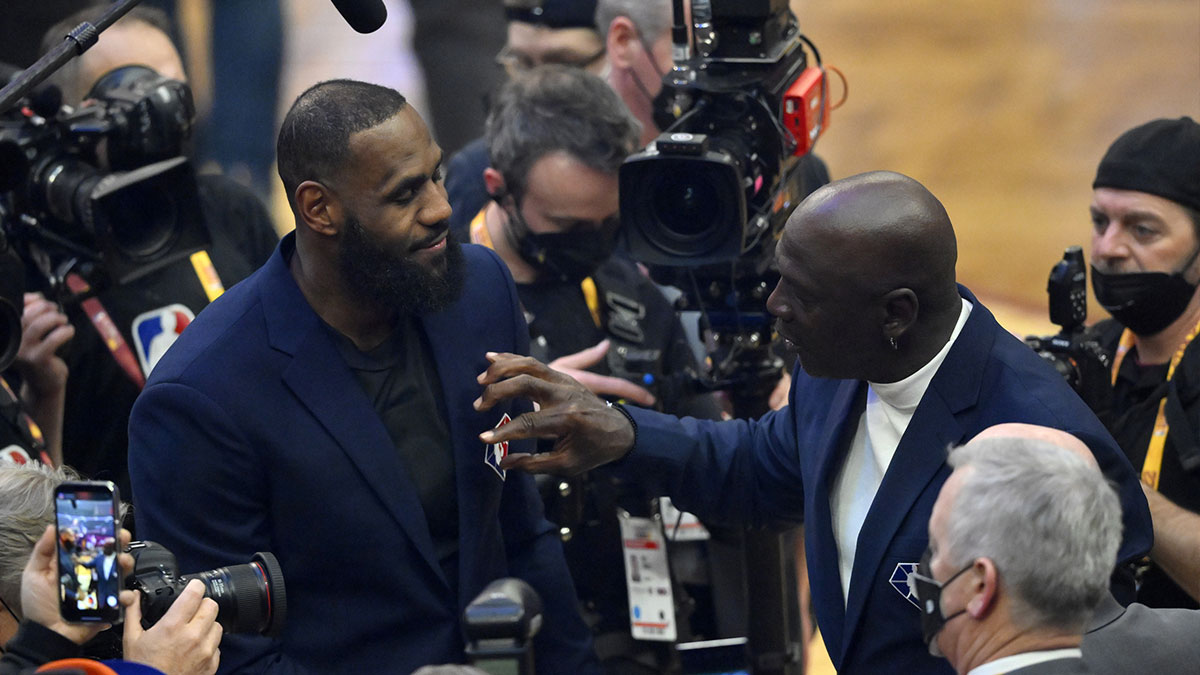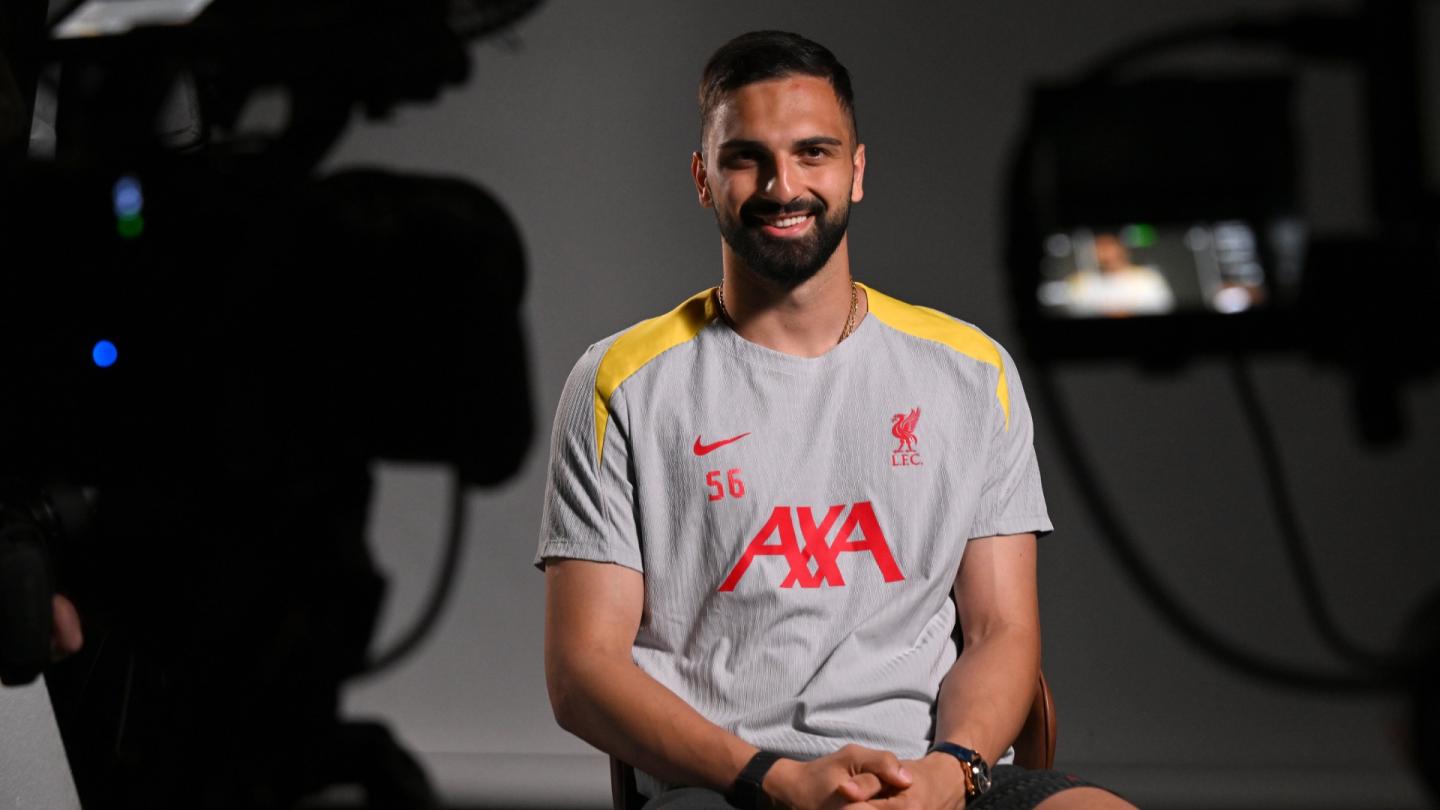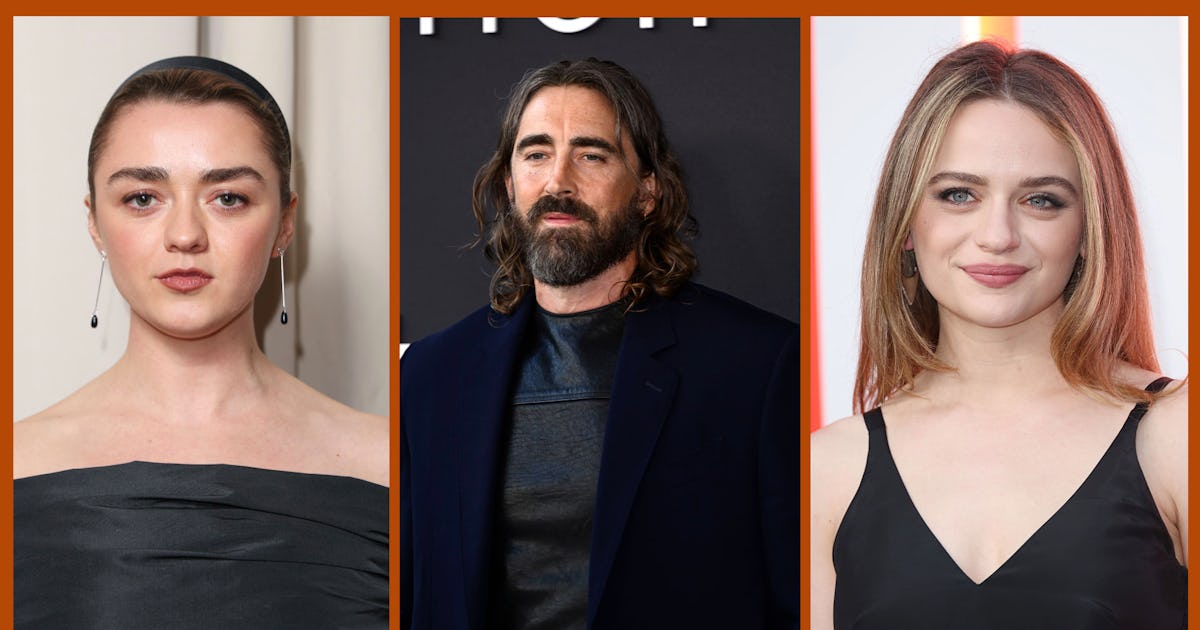 Oneness Of Juju in 1977
Oneness Of Juju in 1977 The sons of Black Fire Records grew up in the long shadows of their fathers. The Afrocentric jazz label, founded in the 1970s by D.C. radio host and promoter Jimmy Gray and James “Plunky” Branch, founding member of Oneness of Juju, had a lasting impact on the D.C. music community—even if Gray and Branch’s sons didn’t quite understand just how significant it was back when they were kids in the 1980s. Both boys grew up around their father’s work. As grown-ups, they forged their own careers as artists and producers. Now, Jamal Gray and Jamiah “Fire” Branch, along with Plunky, are bringing that family legacy into the future with Made Through Ritual, the first Oneness of Juju album in over 30 years.
Jamal Gray had long pictured himself making music alongside his father. When he was younger, he’d watch his dad hold court in the living room with jazz figures like Hamiet Bluiett and Byard Lancaster (who’d released albums on Black Fire), and larger-than-life icons like Sun Ra and Gil Scott-Heron, who lived in D.C. Jamal would watch from the safety of the record library, which contained over 10,000 LPs. He knew these were special people with extraordinary talents—even if telling his classmates that he attended Sun Ra’s final D.C. performance didn’t seem to interest them. Now 38, Gray remembers thinking that, “in my dream, I’m gonna create a band that can put out a record on Black Fire. I don’t know how I’m gonna do it, but that’s what I’m gonna do.”
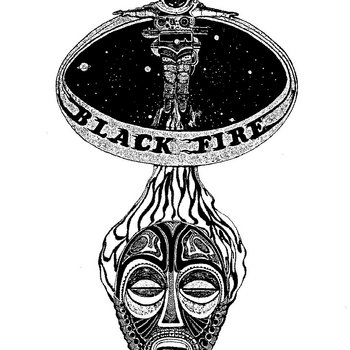

The D.C. station WPFW, where Jimmy hosted his Black Fire radio show, was a constant presence in Jamal’s life. His parents met at the station. When he was a baby, he’d sleep under the console while his father was on the air. The show was an extension of the label, whose catalog boasted socially conscious jazz albums by groups like Experience Unlimited, Lon Moshe & Southern Freedom Arkestra, as well as a spiritual jazz sextet made up of transplants from San Francisco who called themselves Juju. Around age six, Jimmy made his son an unofficial radio co-host, asking if “Cool Jamal” had any input on the last song. “There’d be times where we’d be around town and see girls around my age, and their dads would say ‘Hey yo, that’s Cool Jamal,’” he laughs. “That probably fucked my ego up then.”
Jimmy Gray passed away in 1999, on Jamal’s 13th birthday. “He created a world and he would bring you into it,” Jamal remembers. “That’s why a lot of people came to him. He was always giving folks some inspirational words and encouraging them to find their voice.”

As the surviving co-founder of Black Fire Records, Plunky purchased both the rights to the catalog as well as Jimmy’s record collection from the Gray family. At the time, Jamal was too young to be involved in the transaction. He had grown up hearing his father tell him that someday he would be the president of Black Fire. The sale seemed to extinguish that possibility.
Jamal followed in his father’s footsteps, becoming a host on WPFW in 2009. He played jazz, funk, rare groove, and fusion until he left the station in 2024. In his early 20s, he pursued rap, inspired by Jay Z’s The Blueprint and Common’s Like Water For Chocolate. (The latter led him to discover J Dilla, who would eventually sample Oneness of Juju twice.) But as the price of beats inflated, Jamal decided his money was better spent on an MPC so he could make his own beats.
Eventually, he formed Nag Champa Art Ensemble—a name that pays tribute to both a favorite Like Water For Chocolate song and the 1970s jazz group The Art Ensemble of Chicago. The group moved across different musical communities, finding camaraderie in D.C.’s experimental, DIY, and Afrocentric social circles. “Having my dad’s legacy being so present, I really wanted to build a name for myself as having my own perspective while still paying homage,” Jamal says. “[I wanted to make music] in that essence of the Black Fire sound, but bringing our own modern touch.”
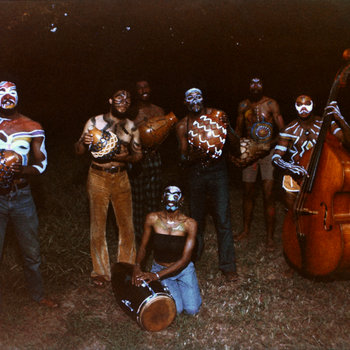

Like those legendary Black Fire groups, Nag Champa Art Ensemble pushed the boundaries of art and performance, netting recognition from the Smithsonian American Art Museum and curating a tribute to yasiin bey at the Kennedy Center. Jamal also had an interest in film, which led to him producing Afrofuturism, the Origin Story for the Smithsonian Channel. When people who knew his father came to Jamal’s shows, they’d say he reminds them of his father’s “buck the system energy,” with one minor exception: “I’ve been told I’m more intense than him,” Jamal says.
Indeed, the apple had not fallen far from the tree. But it wasn’t until Plunky came to watch the Nag Champa Art Ensemble perform in 2017 that Jamal considered the possibility of collaborating with his father’s former business partner.
Jamiah “Fire” Branch was nine years old when he first met Jamal Gray during a visit with his father to the Gray family home. Born in 1982—one year after Plunky took his Larry Levan-certified dance hit “Every Way But Loose” to Sutra Records—Jamiah was the cool older kid who wasn’t too cool to play hide-and-seek with Jamal in the record library. The bond between the two families began when Plunky moved his band to Richmond, Virginia, after a stint in New York City recording for Strata-East, just ahead of their 1975 album African Rhythms—the inaugural release for Black Fire. Originally formed in 1971 as Juju in San Francisco by a collective of pan-African hippies, the transformation into Oneness of Juju came as the band absorbed elements of R&B into their spiritual jazz sound. Oneness of Juju combined the intensity of James Brown with the African percussion of Fela Kuti, creating a danceable, trance-like fusion of spiritual jazz and funk. Plunky’s friendship with Jimmy Gray helped Black Fire radio and magazine evolve into a record label, one structured as a 50/50 agreement between the artist and label.
Just like Jamal, Jamiah grew up as a member of the family business. It was part of Plunky’s hippie lifestyle. “We had a philosophy that everybody did everything they were capable of doing,” Plunky says. “That’s how I trained him. It was not unusual for me to expect him to be the roadie, maybe play some conga drums, and then help break down. Early in his life, he just thought this is the way that life is supposed to be.”

Around age nine, Jamiah took on another role: band videographer, which required him to film the group’s performances. He’d been learning the saxophone since second grade—he’d always been an advanced learner who could play by ear. Now age 43, he plays in four bands, not counting his role in Plunky & The Oneness. When a former elementary school teacher approached Jamiah at a recent gig, she reminded him that he used to charge his third-grade classmates for music lessons. The anecdote didn’t surprise him. “I believe her,” he says. “I still have that way about me.”
Not long after high school, Jamiah bought his first MPC2000. He started learning production, collecting over a dozen MPCs, and taking on a role that he describes as “keeping [his father] relevant,” to which Plunky would snap back with a grin, “I’m relevant! I don’t know what you talkin’ about!” Plunky embraced his son’s drum machine and recording skills. They built a relationship, across eight albums, in which ideas would begin on the MPC and then get reinterpreted by the band. In 2016, Plunky snuck a dedication to his son into the album title Plunky On Fire—“Fire” had long been Jamiah’s nickname. “Hearing that music the whole time [I was growing up] was just training me,” Jamiah says. “I was getting my angles together from roadying. Gradually, I moved up into playing in the band.”
Around 2017, Plunky started hearing buzz about the Nag Champa Art Ensemble, so he drove from Richmond to D.C. to hear the son of his former business partner perform. Jamal says that seeing Plunky at the gig felt like a confirmation that he was honoring his father’s legacy. But lingering trust issues from the sale of Black Fire Records when Jamal was young still remained, and it took many deep conversations over the course of several years to fully heal the relationship. As Jamal began work on a Black Fire Records documentary (the result is available to stream through PBS), those times with Plunky—looking over old photographs, sharing old stories—gave him the confidence to “start claiming my birthright, in a way.” But, it was Plunky’s affinity for Jamal’s beat tape GODSPEED—think Madlib’s High Jazz meets Dilla’s Donuts—that inspired a collaboration. “Plunky heard that and suggested we do some things off of there,” Jamal says. ”He told me he was working on a record for Strut. I sent him a folder of like 60 beats.”
Jamiah says that even from the earliest stages of the project, he could hear the next Oneness of Juju record in Jamal’s beats. Plunky had been impressed with the way GODSPEED played as a continuous mix. Jamiah says that while he offered sequencing and song structure input, “for the most part, I liked Jamal’s beats as they were.” From there, Plunky improvised over the beats to create new demos for the Oneness band to interpret. These recordings became Made Through Ritual, the first Oneness of Juju record in over 30 years.
Knowing that he still had some work to do in healing the relationship, Plunky used a chunk of the money he got from licensed the Black Fire catalog to Strut Records to compensate Jamal for his contributions to the record. He wanted to “intentionally put some resources to him, to say ‘Let me support your career.’” (Jamal confirms this, saying, “I was paid well for my work on this album.”)
All three men regard the album as crucial to preserving that intergenerational collaborative spirit, and above all, honoring Jimmy’s legacy. “For me, it is the definition of full circle,” Plunky says. “The idea of me with both Jimmy Gray’s son and my son working together on a project—I mean, even now, as I say it I get goose pimples.”
Jamal appreciates the way Plunky still places love at the core of his art, never losing that Black Fire ethos. He’s proud that in making this record, he was able to make a record befitting of the legacy. “It’s not what you’d expect from Jimmy’s son and Plunky, but I think he’d be proud of what we did,” Jamal says. Then he adds: “I think he would put it out on Black Fire if he was still alive.”







